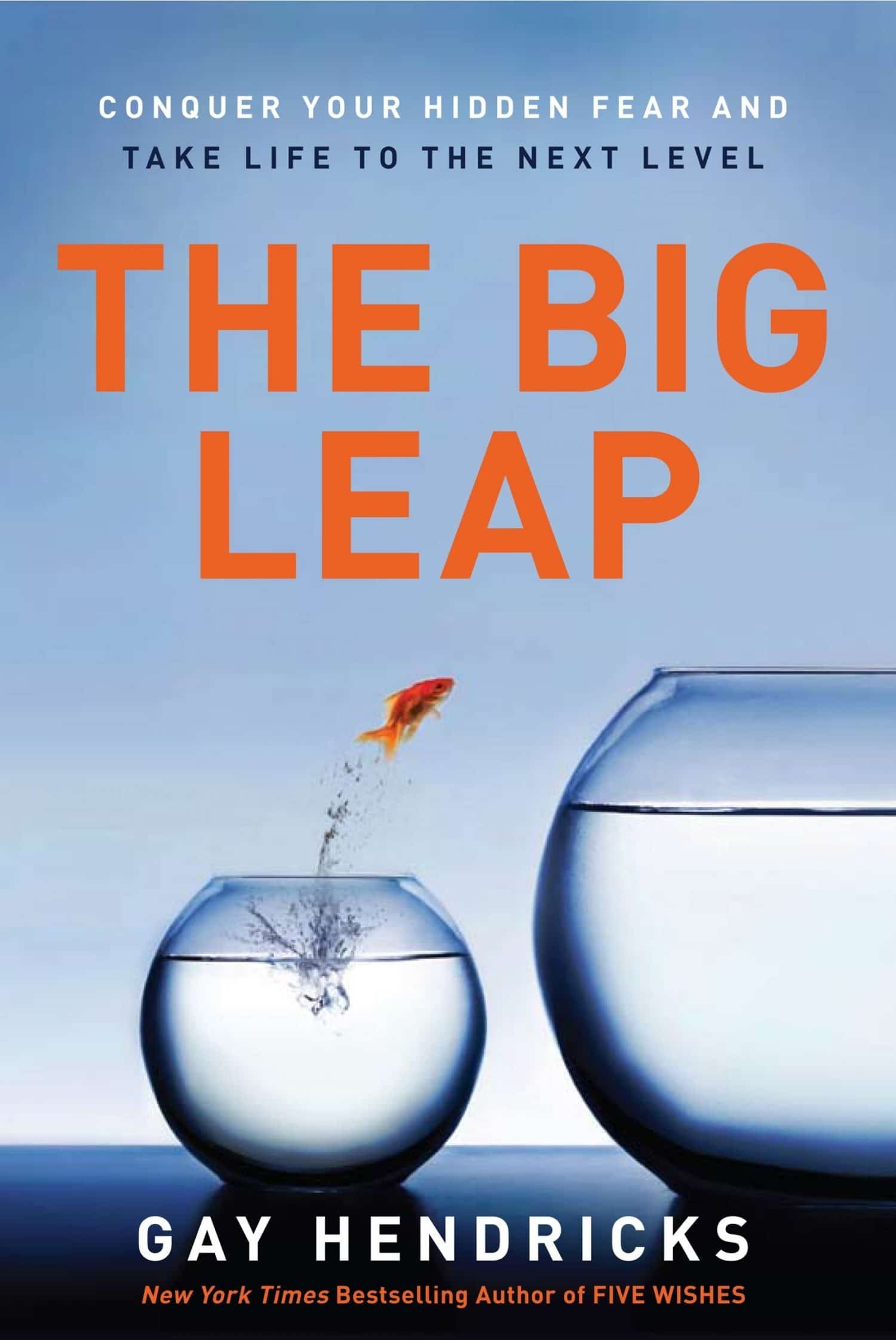Do More of What You Do Best: Why Working in Your Zone of Genius Boosts Business
One book that’s truly changed my thinking over the last 6 years is The Big Leap by Gay Hendricks. I know, so many folks say why this book? What’s so special about it?
Gay does an amazing job of addressing self-sabotage. We tend to take action and not believe that life can be so great and not believe we DESERVE success in our life. Many of us, especially when we are young and aren’t taught how to manage success. We have limiting beliefs such as “Things can’t be this good, something bad is gonna happen”. We even create problems so our fears become a self-fulfilling prophecy.
Gay gives lots of great examples of clients he has worked with over the years and how they dealt with the self-sabotage and how to rethink and create new beliefs about ourselves, our business, our future and more.
This kind of thinking is very critical as we move into a transitional phase as Americans, as the human race, and as individuals during this time of massive change. Your mindset and what you believe creates your reality and it can help you to the next level or keep you from growing.
Another great tip I got from the Big Leap - Do you find that when you give yourself permission to let things go?
Let’s say there’s been something on your to-do list for more than a month.
Ask yourself, A) Why is this not getting done? Could I hand this task off to someone else?
OR
B) What happens if it doesn’t get done? Will things come to a halt? Can I just delete and move on?
It’s really POWERFUL to play with this and make sure that things on your to-do list are really worth your time. Time is so precious, it’s vital that you spend your time in your zone of genius (doing what your most valued skill set and what you are best at).
Have any of you read this book? What kind of impact did it make on you?

